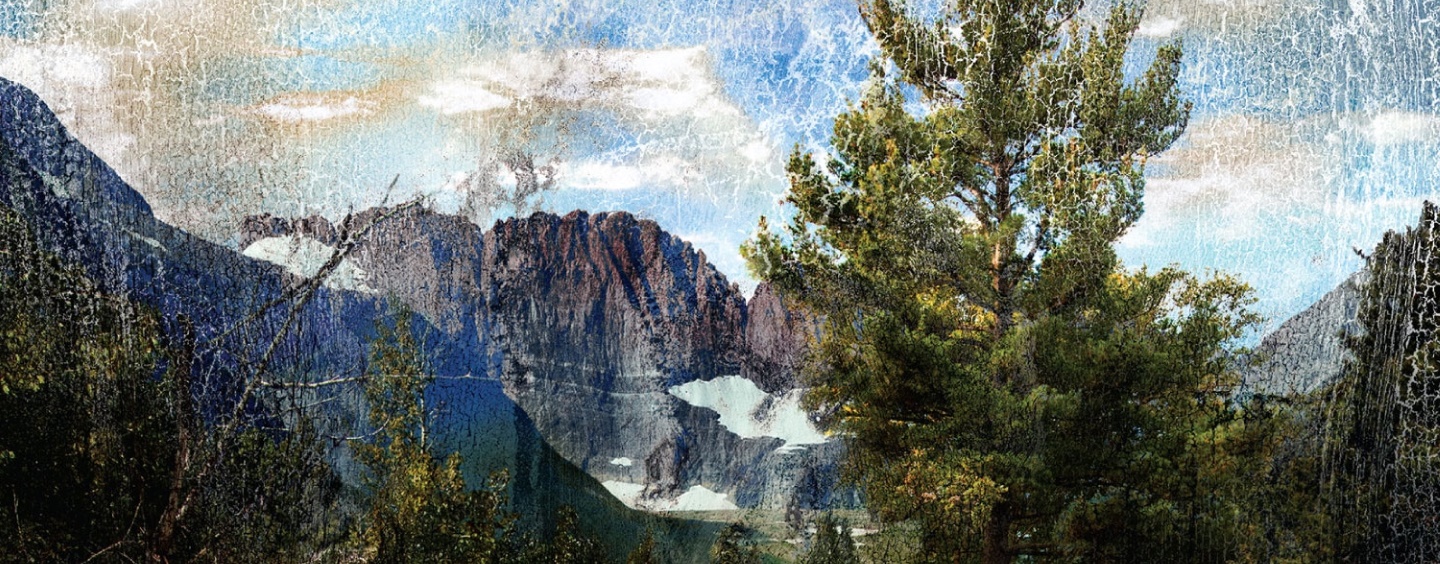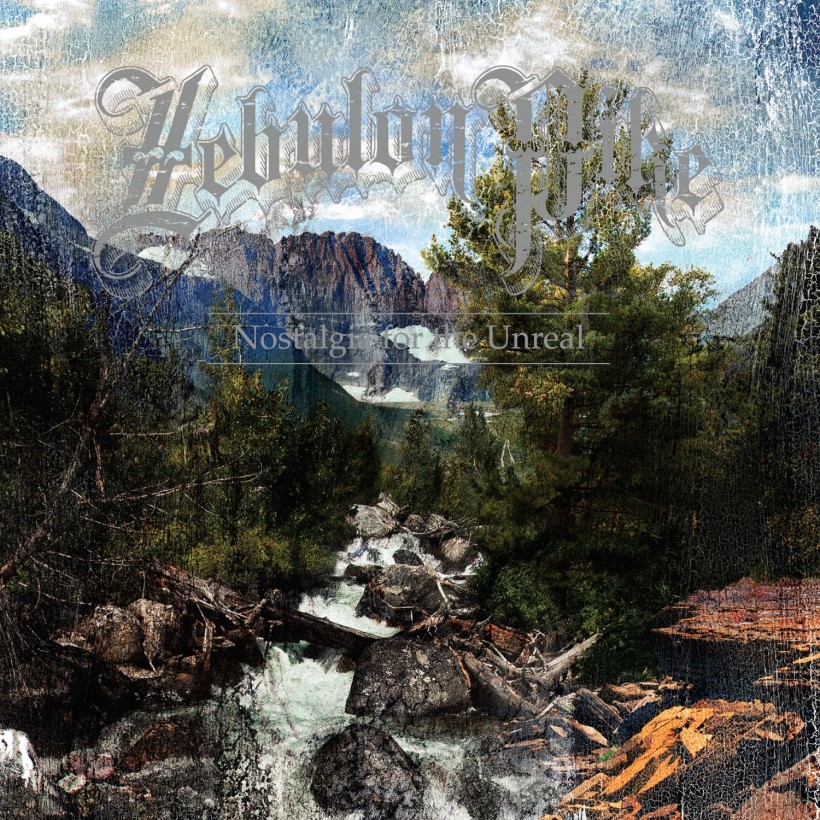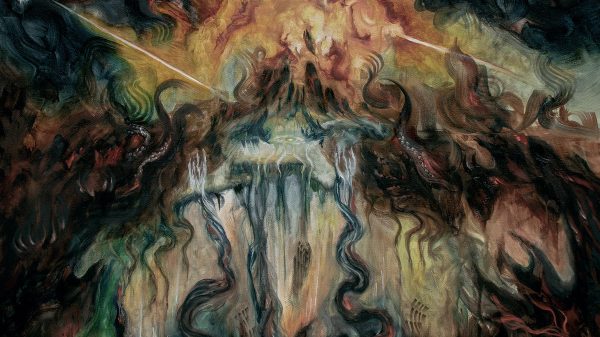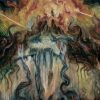You can forget all about the neoclassical, virtuoso nonsense, and the pseudo-progressive metal out there; because it’s Zebulon Pike time. The quartet have been putting out masterworks for more than a decade now, and yet not many people know about them. That’s got to change. Or else you’ll be regretting having not heard the most ingenious of all metal. On “Nostalgia For The Unreal,” the classical arrangements reach their visionary summit, and it is simply a treat to hear them all work out so outstandingly. This is delicate, orchestral metal at its finest, and in its nethermost phantasmical breath, where it obscures the theoretical line between contemporary classical music, metal, and jazz so beautifully that leaves us wondering: is this even real?
If “Space Is The Corpse Of Time” was about a jazz band trying to play Sabbath – and a focused record overall, with certain key riffs here and there; the 2004 “And Blood Was Passion,“ a prog band trying to do the same thing (hint: ‘The Iommi Variations’); and both “The Deafening Twilight” and “Intransience” chiefly matters of Erik Fratzke’s fascination with contemporary classical music, or to be exact (for Intransience), Toro Takemitsu’s music; then Nostalgia For The Unreal might as well be where the three concepts coalesce to give us a much more holistic view of the same happening.
Part of the chemistry of instrumental music is that you can constitute your own readings of every piece of music that you hear, and so the titles merely act as cues. In other words, it is meant for you to discover everything by yourself, like Zebulon Montgomery Pike did, the explorer after whom the band is named. And in case of Zebulon Pike, it even becomes more of a relief to know at times there isn’t much intended for each of the titles, as for the middle track from 2008’s Intransience, ‘Star-Ocean,‘ which according to Fratzke had more to do with chance, rather than having a thorough story behind it.
Taking the “unreal” for a dream, one can assume a scenario for Nostalgia For The Unreal. Personally, I’ve scarcely ever dreamt of places that I know. It always has to be a field, a house, or a town I can describe perfectly the next morning, which matches none of the places I’ve been to or read about. Henry Miller has this line in “Sexus,” the first volume of “The Rosy Crucifixion,“ where he compares the dreamer to “a celestial tailor” who “circumnavigate[s] the world“, seeking “vainly to find a form and shape that will fit his ethereal essence,” who “tries on one body after another,” finding out “they are all misfits,” and who finally “is obliged to return to his own body, to reassume the leaden mould, to become a prisoner of the flesh, to carry on in torpor, pain and ennui.” What would the scenario be, then, you might ask?
It would be the unthinkable contemplating of any of those misfits’ memories, in retrospect – memories eyed clandestinely, and memories incomplete. And whether the music of Zebulon Pike on Nostalgia For The Unreal is to the same extent multi-vocal in the way it addresses the mood for each section of the song – although none of this has recourse to techniques such as the twelve-tone system – I would argue that Zebulon Pike are much more successful in achieving this atmosphere than most of today’s film music composers.
King Crimson’s name is mentioned in the most ridiculous places these days, but if one metal act is worthy of the remark, that has to be Zebulon Pike. Fratzke’s understanding of dynamics and implementing of it in his pieces certainly reminds one of Fripp and how he also did the same thing in the majority of King Crimson’s compositions from the 70’s, e.g. ‘Providence,‘ ‘The Devil’s Triangle,‘ ‘Larks’ Tongues In Aspic, Part One,‘ ‘Fracture.‘ That gives a whole sense of idiosyncrasy to Zebulon Pike’s music. In fact, none of the other few good prog metallers have retained such songwriting schemes, from Voivod, Coroner and Holocaust to Taint, Mastodon and Capricorns, all of whose music has been largely a metal variation on the music of some of 70’s bands like Necromandus, Budgie, and Manfred Man’s Earth Band, who all plugged in bits of the prog music of the era for the hipness of it, and who weren’t exactly verging on any of those.
The entire record can be streamed exclusively here at CVLT Nation and for the very first time. Also, physical copies are available for purchase from band’s CDBaby.















